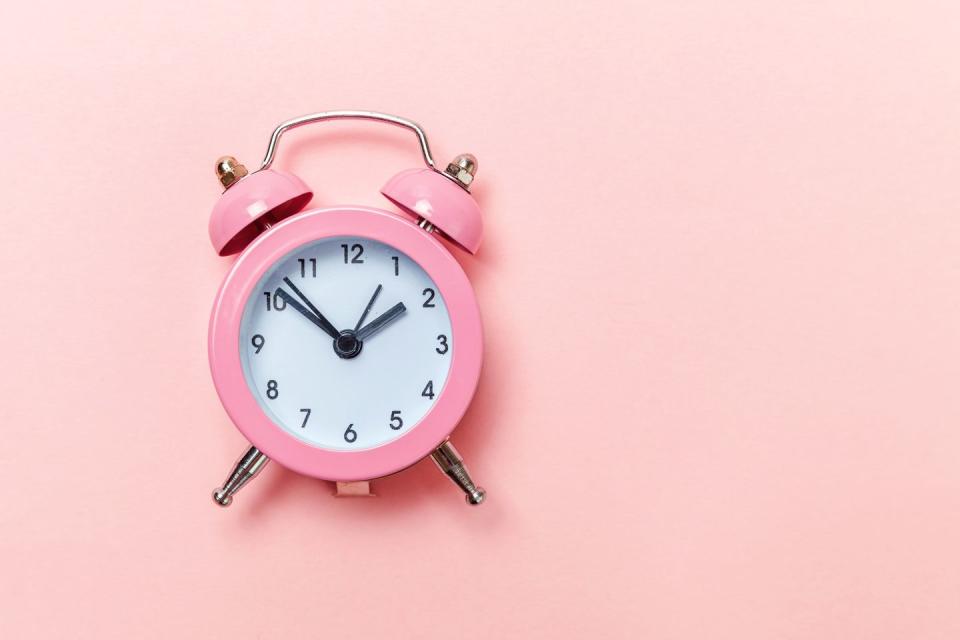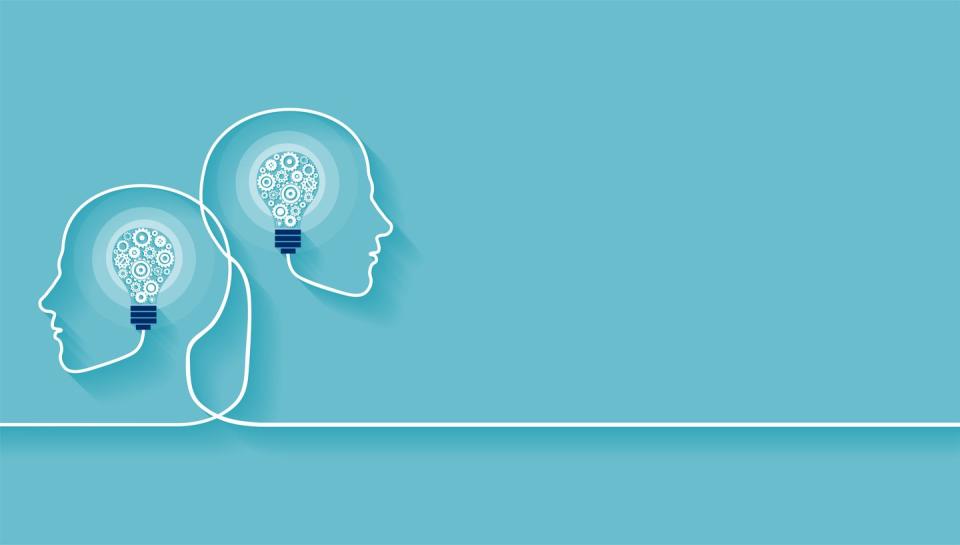Quiz: Can You Spot the Aging “Facts” That Just Aren’t True?

Today, about one in seven Americans are over 65, according to the Administration on Aging, and the number of those 65 and older is expected to nearly double by 2060 (to the tune of 98 million people).
But whether you’re 25 or 75, there are a lot of misconceptions about what happens as you grow older — and how to do it well.
Take this quiz to test your intel on aging — and to get the facts that will help you and your loved ones stay happy and healthy throughout the years.

The answer: true
Older adults feel and perform their best with the same 7 to 9 hours as younger adults, according to the National Institutes of Health (NIH). So why can high school and college students sleep until noon, while those in their 50s and beyond struggle to snooze past sunrise? Medical or mental conditions — or the medications used to treat them — may make it harder for older adults to fall asleep and stay asleep, according to the Sleep Foundation. Everything from hypertension and acid reflux to restless leg syndrome and sleep apnea are more common among this demographic. If you wake up feeling tired or can’t rack up 7 hours of sleep on most nights, consult with your doctor to see if you can adjust your lifestyle or treatment plan to help you rest easier.

The answer: false
While the average menopausal age is 52, women who go through menopause closer to their mid-40s may experience symptoms, such as irregular periods and hot flashes, as early as their mid-30s, says Arianna Sholes-Douglas, MD, the author of The Menopause Myth.

The answer: true
Some 20% of Americans who are 55-plus are battling a mental health condition, such as anxiety or mood disorders like depression, estimates the U.S. Centers for Disease Control and Prevention (CDC). As a result, senior men have a higher suicide rate than any other demographic group, especially those who have other health challenges, adds the national non-profit Mental Health America.
The CDC notes that a lack of social and emotional support are two of the common triggers for seniors’ mental health challenges. That being said, being alone and feeling lonely are not the same, according to the NIH. You can live by yourself yet stay fulfilled and active.
University of California San Diego School of Medicine researchers are currently looking into a potential genetic link between loneliness and depression, but they do know that unexpected social isolation — brought on by, say, the death of a loved one or a pandemic — is more likely to bring depressed feelings to light. To stay engaged and connected throughout your life, pursue passions and hobbies that keep you physically, mentally and socially active. A book club, volunteering or joining a walking or hiking group are all great options.

The answer: false
While you might have a bit less energy to get frisky at the same frequency you did as a co-ed, you can have (and deserve to have) a fulfilling sex life as an older adult, the America Psychological Assocation (APA) reminds us. Certain aspects of aging, including vaginal dryness or hormonal shifts during menopause, can make sex less comfortable, though. If you notice a marked decrease in libido or experience pain in any way, talk to your doctor. A healthy sex life is related to better sleep, lower stress levels, a brighter mood and a better bond with your partner, the APA adds, so it’s well worth finding a solution.

The answer: false
Maintaining a good diet isn’t only about a number on the scale. Your mental health, memory, mood and overall physical functioning stays sharper when you eat smarter, the CDC says. Women over 50 should aim for 1,600 to 2,200 vitamin- and nutrient-rich calories per day, depending on activity levels, while men over 50 need 2,000 to 2,800.
Instead of hopping on a trendy, restrictive diet (that you're likely to soon ditch), try eating closer to the Mediterranean diet or MIND diet, which include healthy options in all food groups, and have been linked to a lower risk for chronic diseases and a better quality of life.
You Might Also Like

 Yahoo News
Yahoo News 
